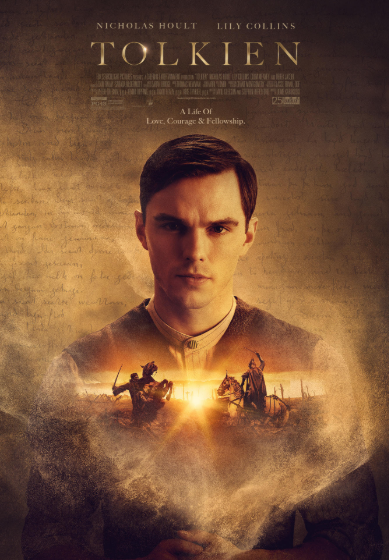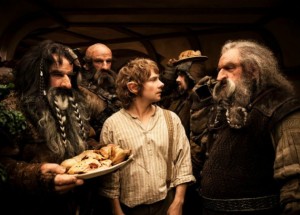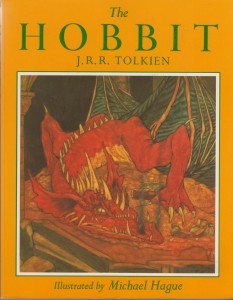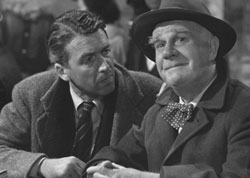Tolkien
Posted on May 9, 2019 at 5:30 pm
B| Lowest Recommended Age: | Middle School |
| MPAA Rating: | Rated PG-13 for some sequences of war violence |
| Profanity: | Some mild language |
| Alcohol/ Drugs: | Some drinking and drunkenness |
| Violence/ Scariness: | Scenes of WWI battles with disturbing images, characters injured and killed, sad death of a parent |
| Diversity Issues: | None |
| Date Released to Theaters: | May 10, 2019 |
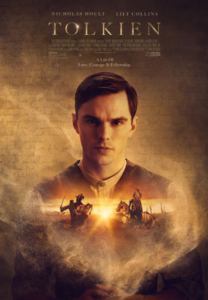
If I had a time machine and an invisibility cloak, I would love to listen in on the conversations between two members of Oxford’s Inklings literary society, J.R.R. Tolkien and C.S. Lewis, as they discussed the importance of myth and fantasy and shared the beginnings of their great tales of adventure, darling, and the fight against evil, set in enchanted worlds: the Lord of the Rings and the Narnia stories. These stories, which prompted a revival of fantasy in literature and other media, are so timeless it seems as if we have always known them. And yet, they are very much 20th century books, written by authors whose own lives are fascinating stories as well. We have already had two very good feature films about Lewis and his wife, Joy Gresham, both called “Shadowlands.” And now we have “Tolkien,” the story of the early life of the man who would create not just the characters and settings of Middle Earth but also the languages and even the poetry of the world of hobbits, elves, dwarves, and dragons.
The film mostly evades the usual “how I wrote” biopic boobytraps. We only briefly see the author in the midst of creation, his pen just starting the first line on a blank page. And it does not try to excite the devoted fans by throwing in a lot of clues to various details in the books. The focus of this story is on Tolkien’s life, which is a worthy story itself, especially in the way it explores how even the greatest losses are made sense of through love, through friendship, through service, and through stories that provide context and meaning.
The film moves back and forth in time between Tolkien’s youth, adolescence, college years, and wartime, with one brief “many years later” section of him married and a father, as a member of the faculty at Oxford.
John Ronald Reuel Tolkien (called Ronald by those close to him) is played sensitively as a teenager and adult by Nicholas Hoult. Orphaned very young, Tolkien and his brother are sent to live in a boarding house by their guardian, a priest (Colm Meany). The cold, institutional setting of their British private school is very far from the lessons they had with their devoted, imaginative mother (Laura Donnelly). But Tolkien is a gifted student and a natural at studies and rugby, and he is soon befriended by three boys who form a club with him, devoted to having tea, to, yes, fellowship, and to dreams of changing the world through art, in spite of parental efforts toward more conventional careers. One loves poetry, one loves painting, one loves music. And Tolkien loved languages. He began creating whole languages, complete with verb forms and adjectives, when he was still a child.
The other orphan at the boarding house is Edith Bratt (Lily Collins), a gifted pianist who works as a companion to the lady who runs the boarding house to earn her keep. She and Tolkien are friends, then confidantes, and then, as they are becoming romantically involved, the priest tells Tolkien he must stop seeing her and go to Oxford. He agrees.
Hoult and Collins made the Ronald/Edith relationship vital and romantic, as they spar over the sound and meaning of words or come up with a makeshift way to enjoy a performance of Wagner. They bring life to what might otherwise might be a stodgy costume drama and to the idea of stories as a source of healing, meaning, and connection.
Parents should know that this film includes WWI battle scenes with disturbing images, including piles of bodies, sad deaths of a parent and friends, drinking and drunkenness.
Family discussion: If your friend formed a club, what would you call it? How can art change the world? Why was it so important to Tolkien to publish his friend’s poems? How did Tolkien’s experiences inspire his books?
If you like this, try: the “Lord of the Rings” and “Hobbit” films and books

